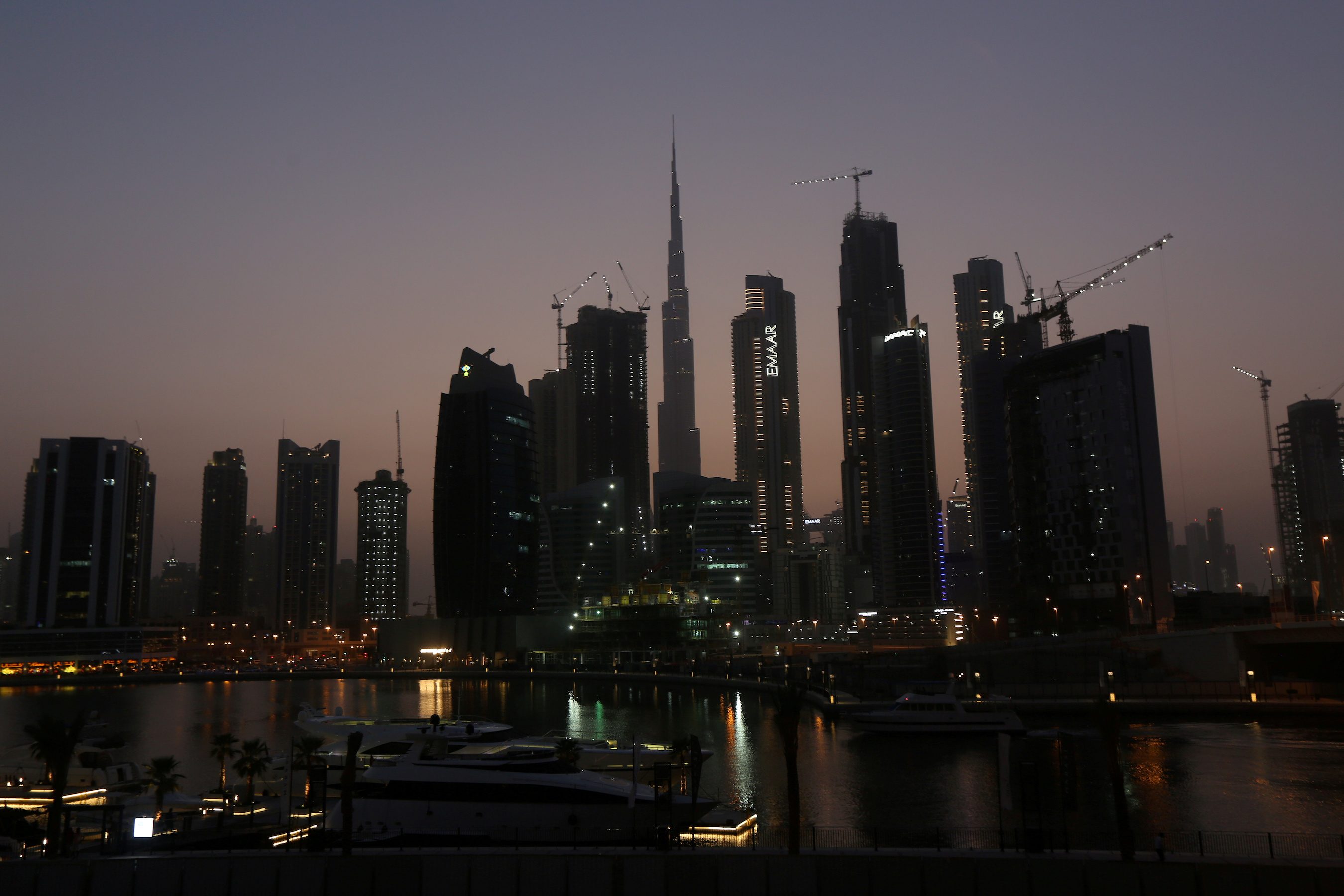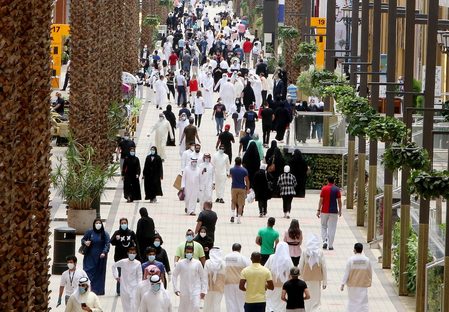SUMMARY
This is AI generated summarization, which may have errors. For context, always refer to the full article.

The population in the Gulf Cooperation Council (GCC) states declined by about 4% last year due to an exodus of expatriates after the coronavirus crisis and lower oil prices, S&P Global Ratings said in a report on Monday, February 15.
The oil-producing region was hit hard last year as COVID-19 restrictions impacted non-oil economic sectors, and lower oil prices and crude output cuts weighed on its main income source.
“We expect the proportion of foreigners in the region will continue to decline through 2023 relative to the national population, because of subdued non-oil sector growth and workforce nationalization policies,” S&P said.
Gulf states rely heavily on foreign workers in sectors ranging from financial services to health care and construction, but efforts to nationalize the workforce to fight rising unemployment among nationals have accelerated in recent years.
The overall GCC population is unlikely to return to 2019 levels of 57.6 million people until 2023, S&P said.
“These changes could have repercussions for the regional economy and pose additional challenges to diversifying away from its heavy reliance on the hydrocarbon sector in the long run, if not met with economic and social reforms that foster human capital,” it said.
S&P estimated the sharpest population decline last year occurred in Dubai, the Middle East business hub, where the impact of the pandemic on key employment sectors like aviation, tourism, and retail led to an 8.4% population decline.
In Oman, where the government has in recent weeks intensified a long-standing policy, known as Omanization, to create employment for its citizens, the expat population declined by about 12% last year, the agency said.
The region’s largest economy, Saudi Arabia, saw its population shrink by 2.8% last year, and S&P estimates a growth of 0.8% by 2023.
The agency expects oil prices to remain at $50 per barrel this and next year, and to rise to $55 from 2023.
“As these levels are below the fiscal break-even oil price for all GCC sovereigns except Qatar, we expect governments will moderate public investment spending, which is the main impetus of non-oil growth in the region,” it said. – Rappler.com
Add a comment
How does this make you feel?

There are no comments yet. Add your comment to start the conversation.